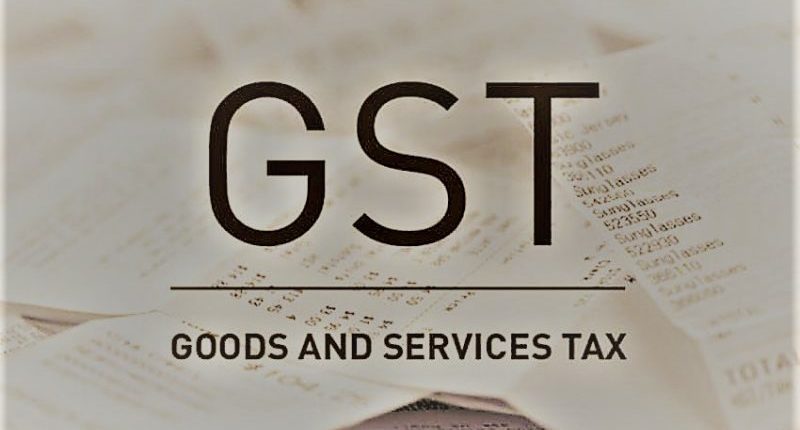The government will not accept the industry’s demand for a substantial six-month reduction in Goods and Services Tax (GST) rate to boost demand. Earlier, the Finance Ministry officials had hinted that the exemption would block Input Tax Credit (ITC) and adversely affect businesses. It will not result in any significant consumer gain. In a media interaction today, FM Nirmala Sitharaman has stated that there will not be further tax rate cuts at this stage.
Several industries have started demanding GST rate cuts ever since the pandemic imposed severe trouble for the Indian economy due to at least 40-day complete lockdown. The sectors, including automobile makers too, have voiced their rate slash interests. In contrast, their leader Maruti Suzuki India has maintained that it is not the right time. Recently, ATM manufacturers have also put forth a similar demand.
The exemption from GST on outward supplies would lead to zero tax payable, and therefore the ITC will only accumulate. Ultimately, it will increase the price of the product defeating the purpose of boosting demand for consumption. It is because such ITC that is unutilised gets added to the cost of the product. The popular industries facing an inverted tax structure include mobile phones, fertilisers, textiles, and footwear. At the last GST Council meeting held in early March 2020, a fitment committee was also constituted to study the implications of rate cuts on industries.
One of the officials was quoted on the Hindustan Times, “It will not only be harmful to the industry but also consumers at large. It is certainly not going to revive the demand”.
“Previously, when the GST exemption was allowed on the sanitary napkins, it had led to similar adversities for its domestic manufacturers who complained of the situation. So was the matter with GST exemption on personal protective equipment such as masks, and gloves. The GST exemption would lead to a blocked input tax credit, increasing the manufacturing cost and a higher price for consumers,” another official stated to the Indian Express.
Also Read: Does a TDS rate cut reduce your income tax liability?
The GST is a federal indirect tax levy and also a significant source of income for both the centre, states and Union Territories (UTs). It constitutes approximately one-third of all tax receipts. About 70 per cent of GST revenue accrues to states. Consequently, states cannot control their finances without GST revenues.
On 20th May 2020, Rs 15,340 crore has been paid to states/UTs as GST compensation cess in FY 2020-21. The Finance Ministry has issued orders to sanction Rs.46,038.70 crore for the May 2020 instalment of devolution of states’ share in central taxes & duties.
For any clarifications/feedback on the topic, please contact the writer at annapoorna.m@cleartax.in
Annapoorna, popularly known as Anna, is an aspiring Chartered Accountant with a flair for GST. She spends most of her day Singing hymns to the tune of jee-es-tee! Well, not most of her day, just now and then.





